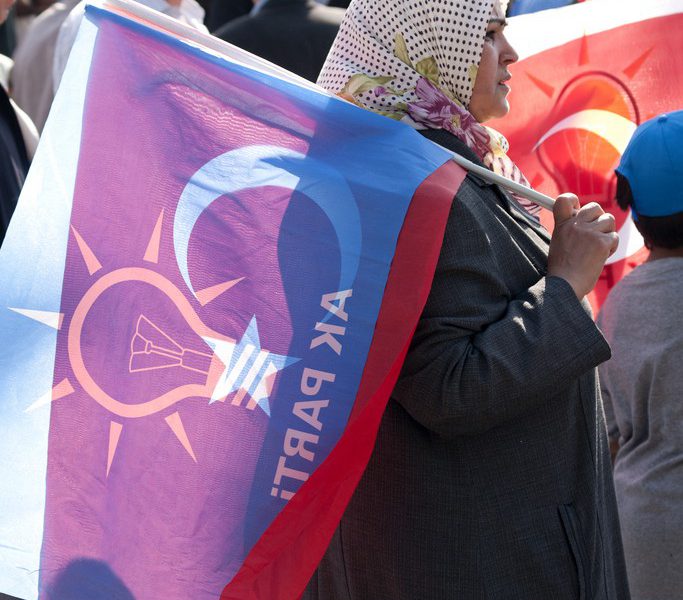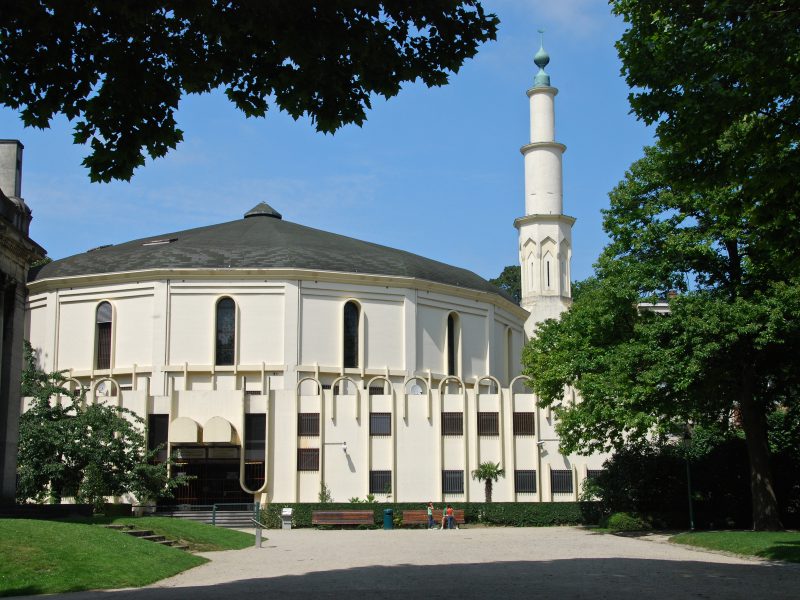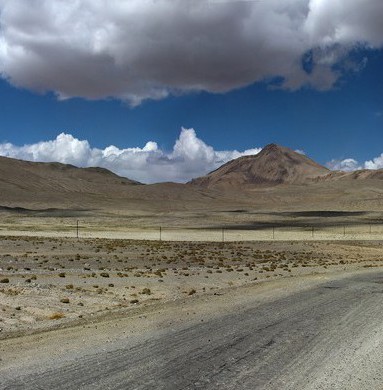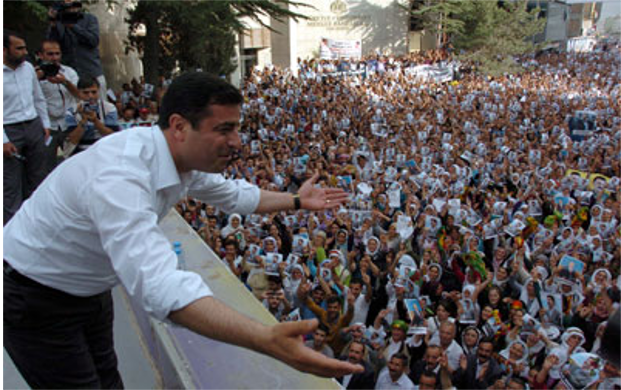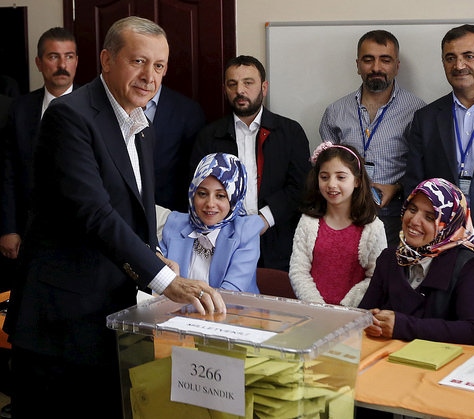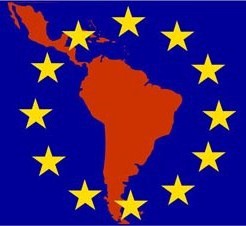What’s next for Turkey?
By Deniz Torcu
The parliamentary elections on June 7th marked the end of one-party government in Turkey after 13 years. While the Islamist Justice and Development Party (AKP) still managed to come out as the most voted party in the country, receiving 40.8% of the vote and claiming 258 seats in the Parliament…

